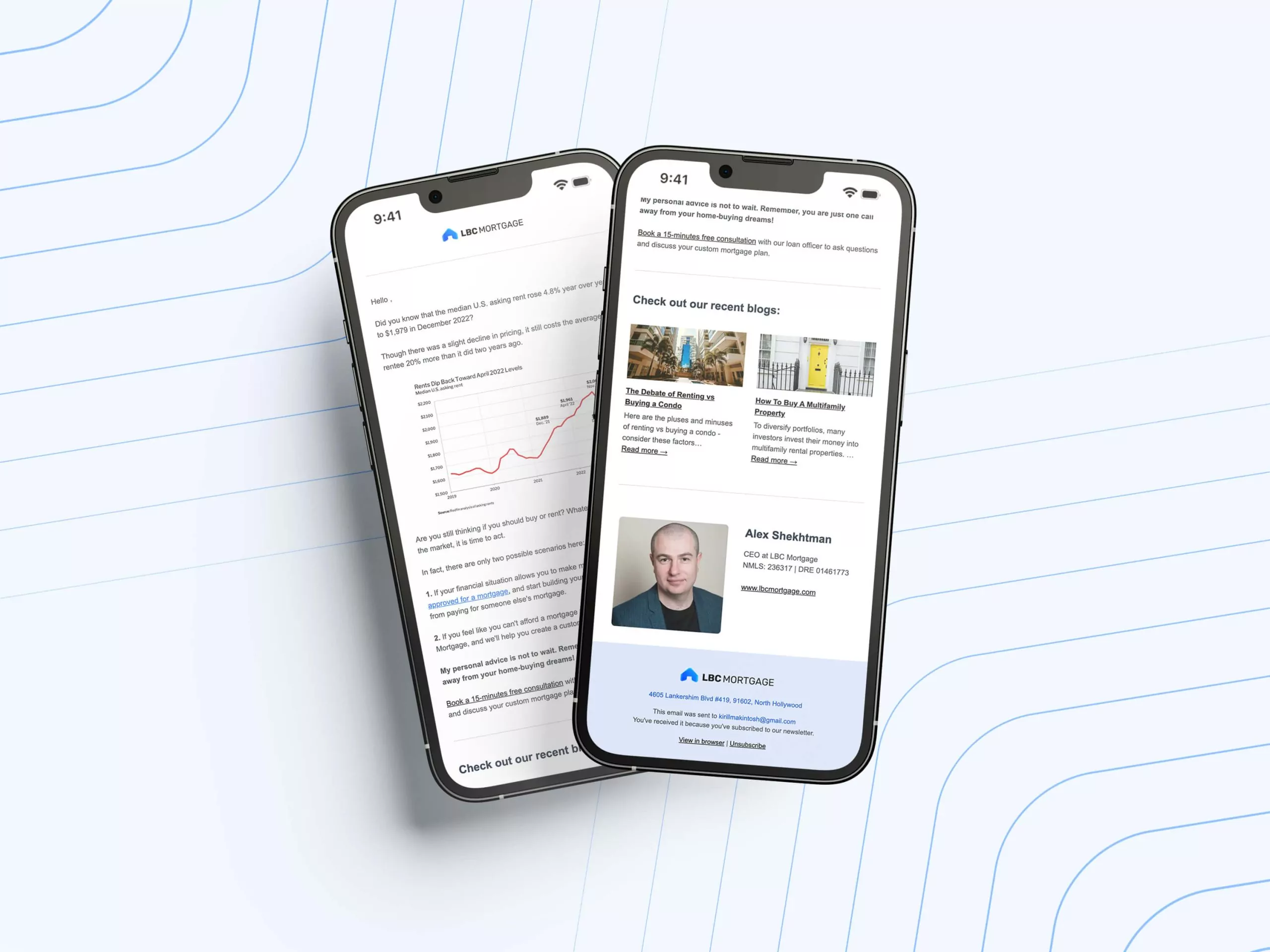Mortgage rates have been historically low for nearly a decade, but that is about to change. The Federal Reserve has begun raising interest rates and mortgage rates are expected to follow suit. What does this mean for you? Here’s what you need to know about refinancing your mortgage when interest rates rise.
What does a rise in mortgage rates mean for you?
If you have a mortgage, chances are it is costing you less money than it will in the future. Current mortgage rates are at their lowest point in years and they are expected to rise. If this sounds like bad news, don’t worry. Even with a higher interest rate, you might still be able to refinance your mortgage and save a lot of money.
[su_note note_color=”#0072ff” text_color=”#ffffff”]The average contract interest rate for 30-year fixed-rate mortgages rose from 3.83% to 4.05% with the average purchase loan size hitting a staggering $453,000, driving applications for refinancing down to half of what they were last year.[/su_note]
What’s behind the rise in interest rates?
Lots of things. Increased pressure from regulatory agencies, the rise in rates from Treasury yields (due to inflation issues) plus the Federal Reserve moving ahead on a more aggressive policy.
How to refinance your mortgage when interest rates rise
When mortgage rates rise, homeowners may be wondering how they can refinance their mortgage. When interest rates are low, borrowers can get a lower rate by refinancing with the same lender. However, when rates go up, lenders may charge a higher interest rate.
[su_note note_color=”#ffffff” text_color=”#000000″ radius=”0″]Interested in cash out refinance?
[su_button url=”https://lbc.lndo.site/get-quote/” target=”blank” style=”flat” background=”#0072ff” size=”4″ radius=”round” icon=”icon: home” icon_color=”#ffffff””#ffffff”]Get a quote[/su_button][/su_note]
This may not be ideal for homeowners who are considering refinancing. To see if you might qualify for refinancing as it relates to higher interest rates, consider these factors:
[su_list icon=”icon: check-circle” icon_color=”#0072ff”]
- Your current monthly mortgage payment
- Your credit score
- The size of your loan and the type of loan that you have
- The length of your term on your current loan
- The size of your down payment
[/su_list]
What should you do if you want to buy a home?
If you’re renting and want to buy a home, you should start searching now. Start looking for homes that are in your budget and determine the type of loan you’ll need to get approved for. For example, FHA loans are typically easier to qualify for than conventional loan.
No matter what type of home loan you decide on, it’s important to be proactive and start the process early so that you can avoid rate increases later on. That means now is the time to act. Don’t wait until rates become too high and you get shut out of the process.
Conclusion
Buying a home is a major life decision and a big financial commitment. Rising mortgage rates can make this commitment more difficult for some people to afford. If you find yourself in this situation, you may be wondering what you should do next.
When mortgage rates rise, it’s typically less expensive to refinance your current loan than to take out a new loan. This is because the interest rate on your new loan would be higher, and you would have to pay closing costs again. Likewise, if you want to buy a new home, it is typically less expensive to look at homes that are currently on the market, rather than jumpstart the process and buy a home that isn’t yet for sale.
So, what should you do if mortgage rates are rising and you’re not sure what to do next? The best advice is to speak with your lender or real estate professional to find out what your options are. At LBC Mortgage we’ve been through it all, high rates, low rates, historic rates, and everything in between. Consider us your knowledgeable source for navigating the uncertain real estate market and finding a great deal on a home. Reach out today and let us help you find a great deal on the perfect home for your needs while rates are still low and save thousands of dollars on a new home loan or a refinance!
[su_note note_color=”#ffffff” text_color=”#000000″ radius=”0″]Let us help you find a great deal on the perfect home!
[su_button url=”https://lbc.lndo.site/get-quote/” target=”blank” style=”flat” background=”#0072ff” size=”4″ radius=”round” icon=”icon: home” icon_color=”#ffffff”]Get a free consultation[/su_button][/su_note]
